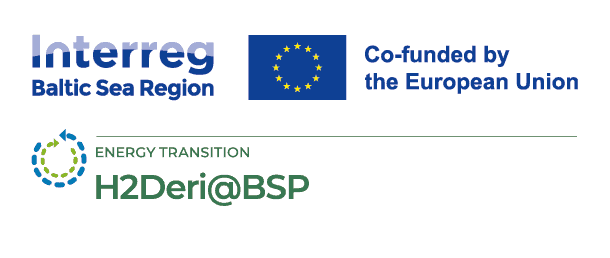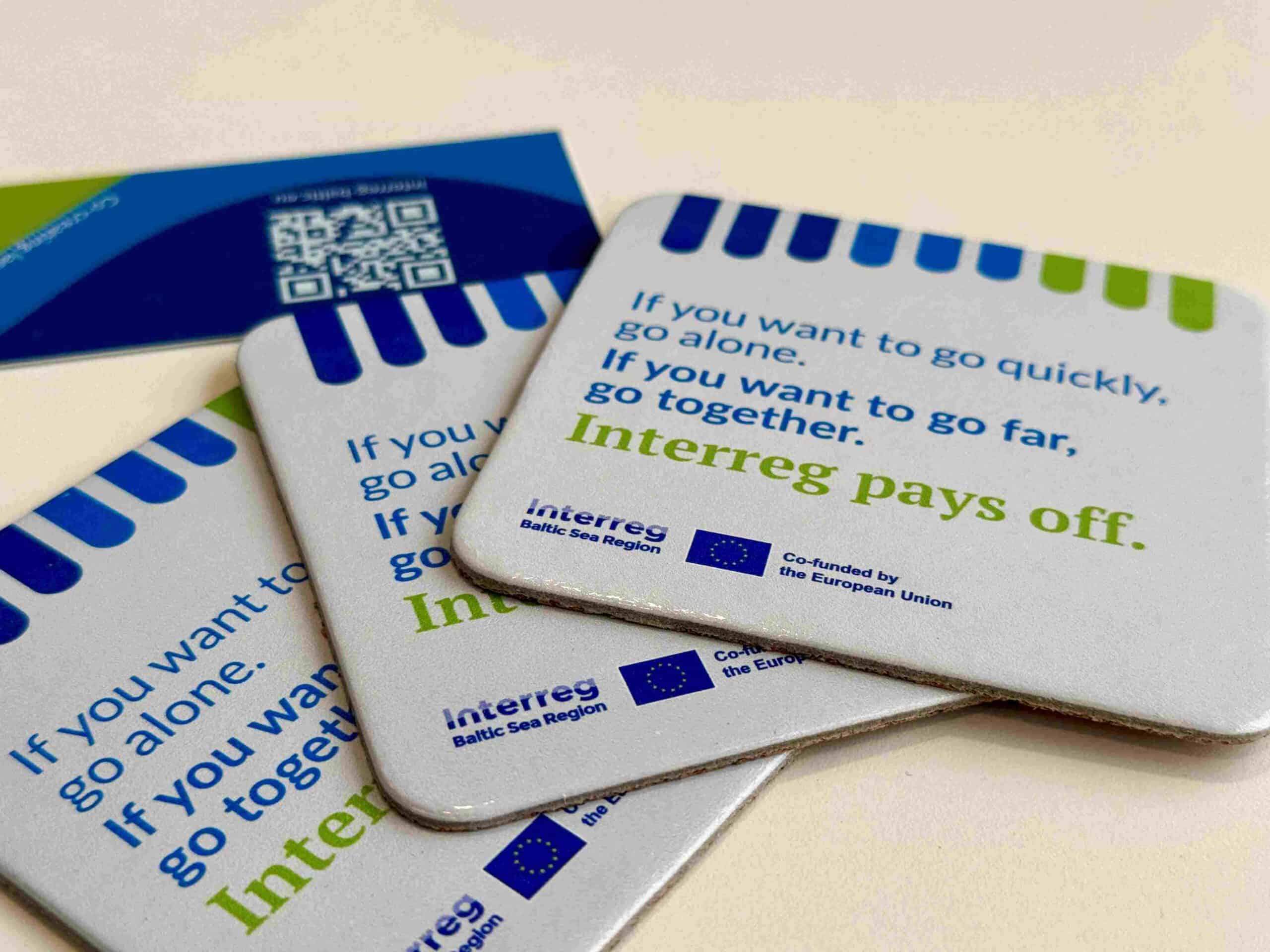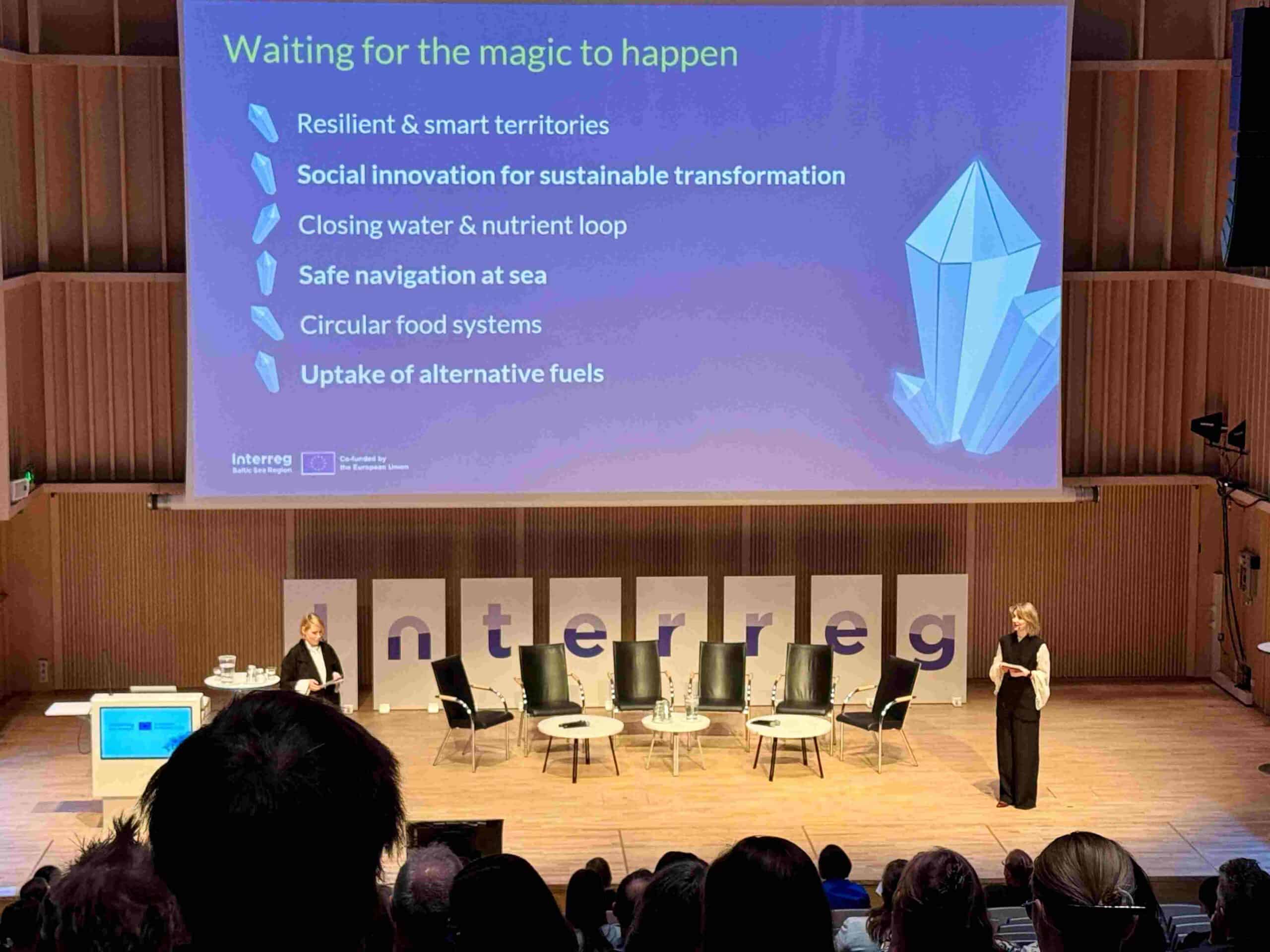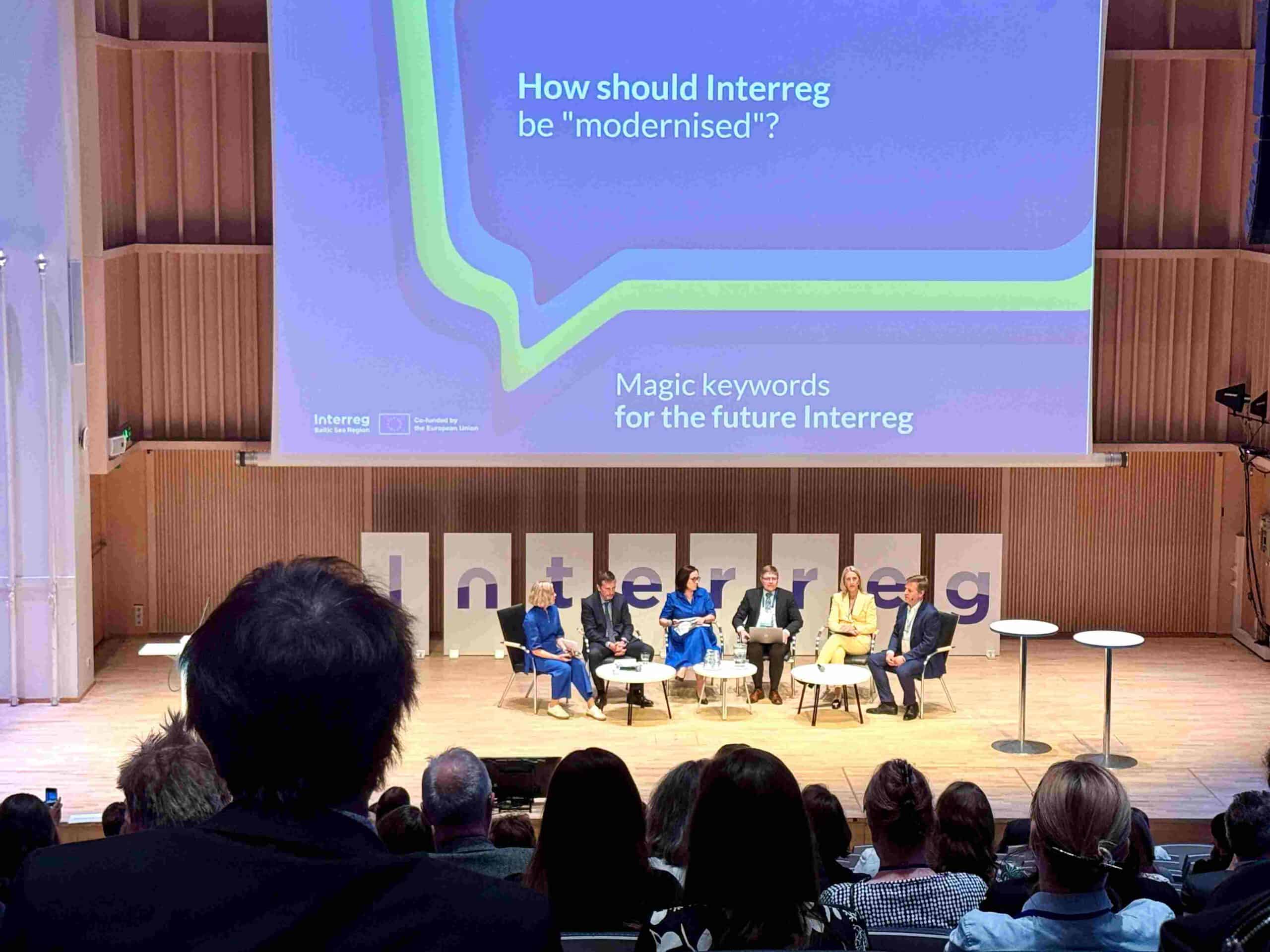
Stepping into the Magic World of Interreg – with Green Hydrogen Fuels!
26 May 2025
In the heart of the Finnish Lakeland, the Interreg family gathered on 20 – 22 May to explore the true magic of Interreg transnational cooperation: the what, the why, and the how. The lead partner organistion Port of Hamburg Marketing represented the H2Deri@BSP project at the conference and also contributed to an insightful exchange on simplification of the Interreg Baltic Sea Region (BSR) Programme!
Our mission in H2Deri@BSP is to turn Baltic Sea ports into green energy hubs. At the programme conference, we exchanged with stakeholders from the BSR about our goals to help port authorities, terminal operators, and energy providers across the region to prepare for safe and efficient integration of hydrogen-based fuels, like methanol and ammonia. These green hydrogen derivatives are key to a future of zero-emission shipping and sustainable port operations. Specifically, during the conference, we had:
- Shared how Interreg supports practical solutions for handling and bunkering H2 derivatives
- Highlighted tools we develop—like investment models, port safety regulations, and bunkering equipment specifications
- Collaborated with Baltic partners to close operational knowledge gaps
- Engaged actively with stakeholders and spread the word: the future of shipping is fossil-free
In general, the conference sessions highlighted how transnational cooperation fuels innovation, connects regions, and delivers tangible benefits for the BSR. A central point of discussion was the Post-27 Harvesting Report by the European Commission, which emphasizes that “the future of Interreg Baltic Sea Region should be ahead of reforms & focus on supporting the region’s transition towards greater resilience, security, and a climate-neutral future.” As we shape the next generation of Interreg, it’s critical that transport is recognized as a key enabler of this transition. Future Interreg programmes should support setting the right frameworks to erase challenges in:
- (Cyber) Security for (maritime) transport infrastructure – safeguarding digital resilience in operations and shipping.
- Green Shipping Corridors – accelerating the decarbonization of transport by upscaling sustainable fuel deployment and coordinated logistics.
- Ports as Green Energy Hubs – enabling ports to become central nodes for renewable energy generation, storage, and distribution.
These priorities are not isolated—they sit at the intersection of key policy areas of the EU Strategy for the Baltic Sea Region, requiring cross-sectoral cooperation of Policy Area Energy, Policy Area Ship and Policy Area Security.
It was also clear that Interreg programmes are not infrastructure funding programmes. Rather, their true strength lies in fostering cross-border exchange, building transnational partnerships, and cultivating trust. Interreg provides the strategic groundwork and collaborative frameworks that enable future infrastructure and policy innovations. It facilitates the transfer of knowledge, innovation, and best practices across regions. Thereby, it supports core European values such as: “Strengthening economic, social and territorial cohesion and solidarity among EU Member States and people.”
As part of the wider Interreg magic, we’re proud to be shaping the region’s energy transformation—together. Let’s accelerate the green transition across our ports and seas—because when we cooperate beyond borders, the change is real, and it’s sustainable!








